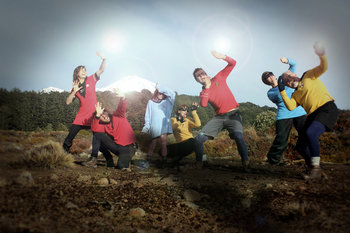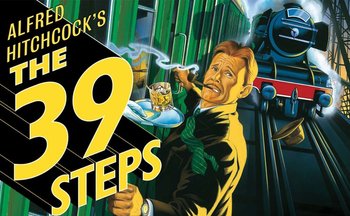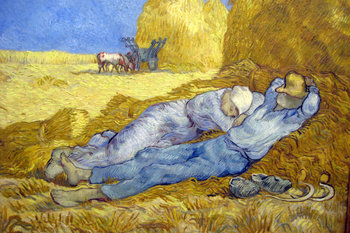
Types
Satire is a type of literature, film, television and art. It takes many forms including parody, burlesque, juxtaposition and double entendre. In many cases, satire trumpets a position in an exaggerated way that exposes its supposed hypocrisy, idiocy or inhumanity.
Subjects
I have never made but one prayer to God, a very short one: Oh Lord, make my enemies ridiculous. And God granted it.- Voltaire, 1767Satire may target individuals such as politicians, business people and celebrities. Generally speaking, an individual needs to be fair game for comedy to be considered satire. For example, if you publish a meme criticizing a non-famous person it would not be considered satire but a personal criticism. Beyond famous people, satire may cover topics such as politics, government, institutions, business, culture, religion, education, entertainment, sports, social issues and the environment.
Value
Satire is a common feature of liberal democracy with protected legal status in many nations. For example, satire is protected by the constitutions of Germany and Italy. In other nations it may be covered by freedom of speech, artistic license and the right to criticize. Many nations have a rich history of satire that may be traced back hundreds of years with well established precedents for its legality.
Censorship
Political powers tend to dislike satire and it is discouraged or actively repressed in many nations. Freedom to satire the government is a sign of a healthy democracy.Criticism
Satire is, by definition, offensive. It is meant to make us feel uncomfortable. It is meant to make us scratch our heads, think, do a double-take, and then think again. - Maajid NawazIn some cases, satire is taken seriously such that people fail to see the humor in it. In this case, it may be criticized for promoting the very thing it is attacking. For example, the book Adventures of Huckleberry Finn by Mark Twain is commonly accused of being racist. In fact, it is a satire of racism meant to reveal its inhumanity. However, taken at face value it can be misunderstood leading to naive criticism.Satire is in a similar category as action, adventure and fantasy whereby film and literary critics rarely praise it. A brilliant satire is lucky to be reviewed as well as a mediocre historical drama.
| Overview: Satire | ||
Type | ||
Definition | Comedy that draws attention to social or political issues. | |
Related Concepts | ||




























